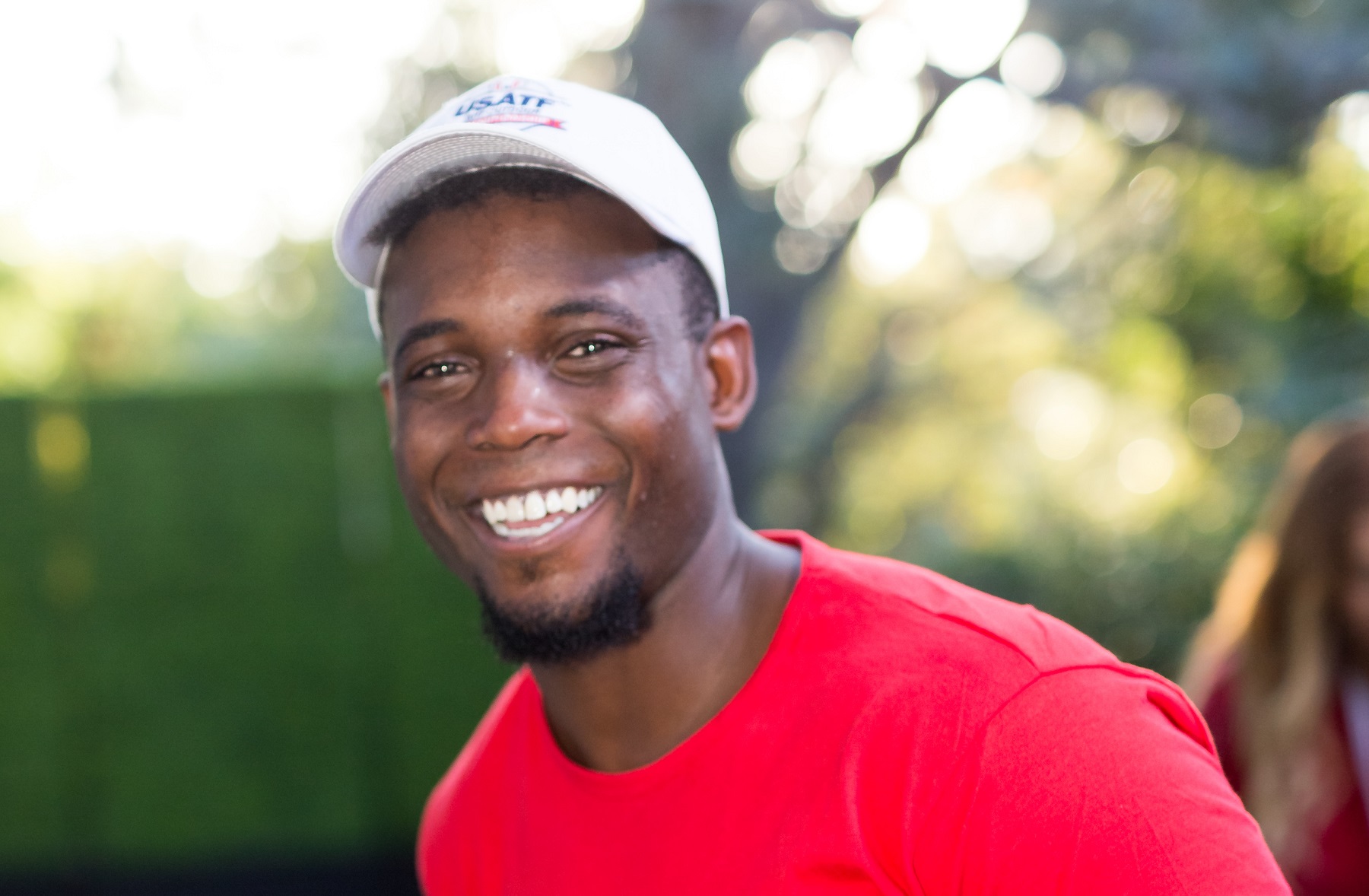Sports
Will Blake Leeper Run in the Tokyo Olympics?

The pandemic mucked things up, but sports fans eventually got to see Bryson DeChambeau run away with the U.S. Open championship in golf and the Los Angeles Dodgers win the World Series. But a year without the Olympics left us without an answer to the question of whether we’d see Blake Leeper run in Tokyo.
And now it appears that a potentially cool moment at the Tokyo Olympics that COVID-19 had postponed until 2021 won’t happen at all.
Blake Leeper is a leading American runner
RELATED: Is Olympic Sprinter Oscar Pistorius Still in Prison for Killing His Girlfriend?
Blake Leeper came into the new year as one of the most intriguing, albeit underappreciated, stories in American sports. Leeper, 31, placed fifth in the 400 meters at the U.S. Track and Field Championships in 2019, setting him up as a plausible contender to go to the Olympic Trials and earn a berth in the 2020 Tokyo Olympics.
In and of itself, that’s hardly extraordinary since literally hundreds of athletes qualify for the OTs. But what sets Leeper apart from the other serious contenders is that he was born a double amputee. Because he is missing both legs beneath the knees, Leeper competes with prosthetic “blades” similar to those made famous by 2008 Olympian Oscar Pistorius.
Besides being an eight-time Paralympics medalist, Leeper is a world record-holder as part of a relay and an American record-holder in the 100, 200, and 400 meters. His highlights include a 200 bronze medal and 400 silver, losing to Pistorius, in the 2012 Paralympic Games in London.
Leeper wouldn’t have been in the mix for a Tokyo berth in the shorter races, but that fifth-place finish at the nationals in 2019 made him a plausible contender in the 400 meters or as part of the 1,600 relay. That is, until an international ruling body gave him bad news recently.
The Court of Arbitration for Sport ruled against Blake Leeper
RELATED: The 2004 Men’s Olympic Basketball Team Was a Problem Waiting to Happen
World Athletics, formerly known as the International Amateur Athletic Federation, is the sanctioning body for track and field. That organization had ruled American sprinter Blake Leeper ineligible earlier this year to compete because it determined that his prostheses were disproportionately long.
Their examination concluded that Leeper’s running blades effectively gave him the legs of a man standing 6-foot-8, although they concluded his actual height would have been approximately 5-9 had he been born with fully formed legs. The New York Times reports that Leeper stands 6-2 while wearing his prosthetic legs.
The track body ruled that the added length allowed Leeper to shave “several seconds” off his time by means of his longer strides, ESPN reported.
Leeper appealed to the Court of Arbitration for Sport, which upheld the ruling on Oct. 26. The runner’s last hope is an appeal to the Swiss supreme court. With the pandemic having pushed the Tokyo Olympics back to the summer of 2021, Leeper will have time to pursue that avenue.
“I will never give up and will continue to do all I can to compete and be judged by standards that are non-discriminatory, in every way,” Leeper said.
The foundation of his appeal is likely to be built on the methodology of determining what his actual height might have been. His legal team said the height standards were rooted in data compiled on “height proportions of Caucasians and Asians,” not Black athletes.
A partial victory for athletes
RELATED: The Munich Massacre Caused 11 Innocent Deaths and Changed the Olympics Forever
Although Blake Leeper lost the key piece of his appeal to the Court of Arbitration for Sport, the American sprinter did score a partial victory from the three-judge panel. That’s because the CAS also ruled that the burden of proof regarding whether prosthetic legs give an athlete a competitive advantage belongs on the governing body and not the athlete.
That could form the basis of a persuasive argument in front of the Swiss supreme court, particularly since Leeper is represented by Jeffrey Kessler, who helped Pistorius win his approval to represent South Africa in 2008.
In addition, the New York Times noted that Leeper has been competing on the same blades for five years. For it to have arisen as an issue ahead of the Tokyo Olympics may cause the court to delve into whether any specific changes to rules have disproportionately affected Leeper.











